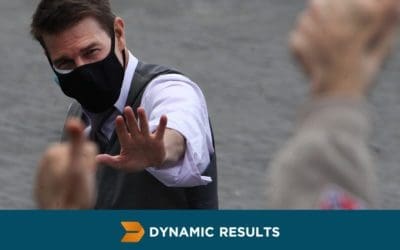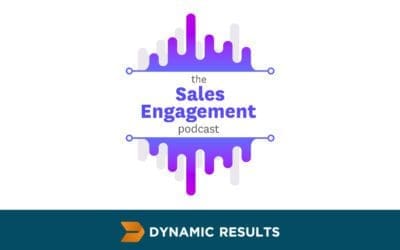
Leadership Training for Managers: How to Lead Without a Title
Henry Evans is the co-author of “Step Up: Lead in Six Moments that Matter,” which explores ways that you can demonstrate leadership regardless of your job title. Evans spoke about his leadership theories with Tom Fox, a guest writer for On Leadership and vice president for leadership and innovation at the nonprofit Partnership for Public Service. Fox also heads up their Center for Government Leadership.
Essential Leadership Skills for Non-Managers
Q. What are some of the attributes needed to be a great federal leader?
Prioritization is a critical leadership competency. A good federal leader has to be able to keep people focused on the things he can control. For example, if you’re working in an agency and your budget gets cut or funds get reallocated, you have to figure out how to drive excellence by prioritizing what the staff will focus on and eliminating what they won’t.
It also is critical for federal leaders to create emotional safety for their staff, specifically when it is time for them to bring you bad news. Federal leaders won’t know what is going on in the organization if people don’t feel safe telling them, and they can’t make good decisions without real-time information.
Q. You talk in your book about the moments that matter. What is a leadership moment?
A leadership moment is an opportunity to do the right thing even if it isn’t easy. These are moments when there is a leadership void. You can step up and lead in those moments once you know how to recognize them, even when you don’t have the formal title or authority to do so.
Q. Can you give me an example of a leadership moment?
Our highest-performing leaders actually use the full spectrum of emotion in their communications and in meetings. We found that it’s okay to get angry sometimes or frustrated at work, it can be a very productive form of fuel to catalyze action. The trick is to remain intelligent while angry. The leadership moment is being able to authentically express what most people would call a negative emotion, but in a way that still builds relationships. We call it “attack the idea, not the person.”
Q. Can you describe other key leadership moments?
A second moment is avoiding terminal politeness. Terminal politeness is when people are being politically correct, introverted or passive to the point of insanity. It is when an organization, or group of people, is not willing to talk about the elephant in the room. If a conversation has to take place in order for a situation to be resolved or for a relationship to be improved, the mastery comes when you can introduce that conversation — particularly when it’s one that you don’t feel comfortable introducing.
A third is “decide already.” Decide already means that, regardless of your title or position, you are able to recognize when you’re team has gone past a point when a decision should have been made and then catalyze whoever is in charge of making that decision to make it. We think that you can do that even if you don’t have the formal authority to do so.
Q. How can you act with confidence despite imperfect information?
Particularly in the federal sector, because there is so much oversight and auditing, people are afraid to act without having all of the information. Good federal leadership requires courage. It is easy to make a decision when you have all of the data and you are guaranteed success. That doesn’t require good leadership. A mediocre leader can do that.
Good leadership is the ability to make decisions when outcomes are uncertain, and motivate a team to act around those decisions. It takes a combination of head and heart. It’s using your intuition and the available data to make calls.
Q. What are the differences between leading in the public and the private sectors, and what are some misperceptions that people have about leading in the public sector?
A big misconception is the stereotype that federal employees are not up to industry standards or capabilities. We don’t find that to be true. We find very good, hardworking, intellectually capable people in both the public and private sectors. We also find a bell curve in both environments.
Leading in the public sector, though, does have some pressures that you may not have in the private sector. For instance, if you have underperforming or uncommitted people in the private sector, it is much easier to release them than it is in government. In government, you might have an advantage that is often missing in the private sector. You have so many people in government that are truly dedicated to a higher purpose, like serving their nation. That deeper sense of commitment to a cause is an incredible fuel for high performance.
—
Not only are you responsible for leading your organization through change, but the most effective leaders recognize that they must also grow and change along with their organization. However, it can be challenging to achieve your personal development and performance goals on your own. Our Individual Executive Development solutions provide support to help you maximize your impact. Read more about our ‘Executive Leaders Program’ for individuals.



